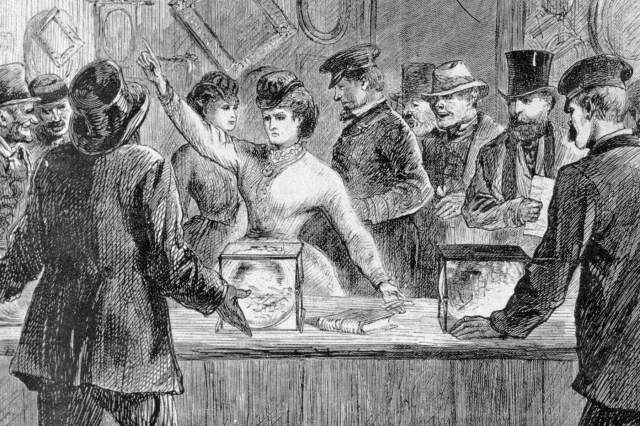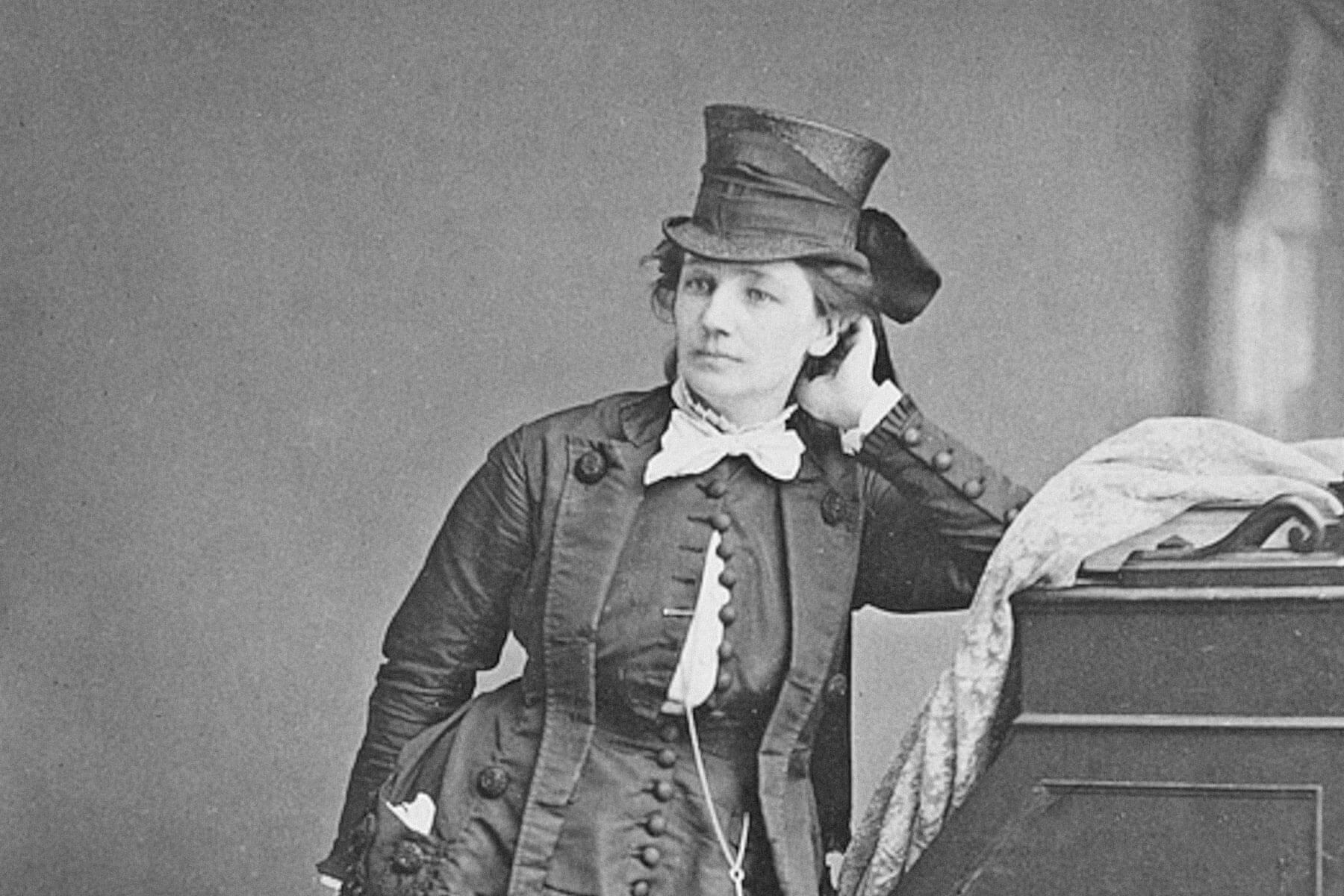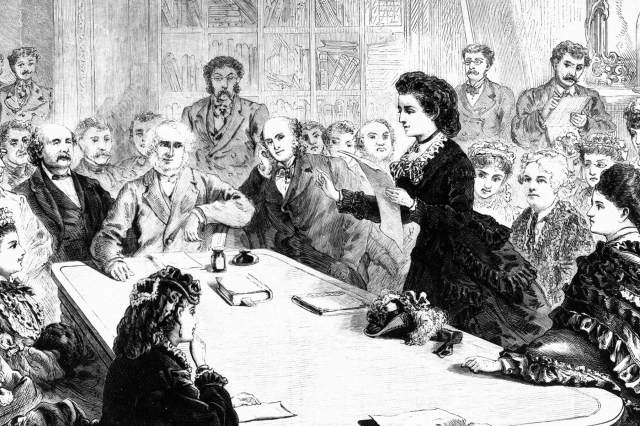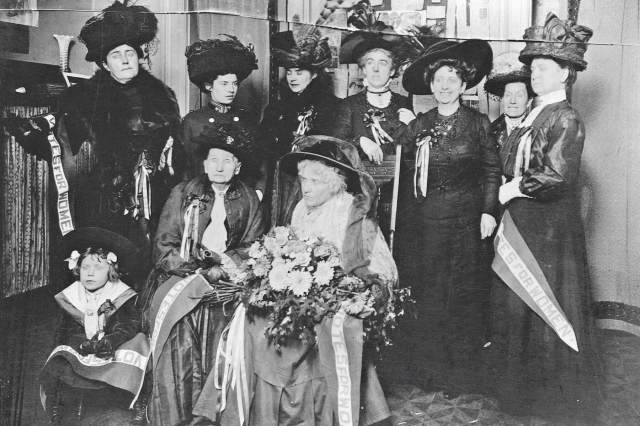Meet Victoria Woodhull, the First Woman to Run for President
Born in 1838 in Homer, Ohio, Victoria Claflin Woodhull was an outspoken and controversial figure whose legacy as a trailblazer for women’s rights, gender equality, and sexual freedom endures to this day. Not only was she a suffragist and women’s rights advocate, but she also was the first woman to run for President of the United States — at a time when women still didn’t have the right to vote. What’s more, she and her sister, Tennessee (Tennie) Claflin, became the first female stockbrokers on Wall Street and founded a newspaper together.
Despite a tumultuous childhood and a first marriage at age 15 (to Canning Woodhull, a 28-year-old doctor with whom she had two children), Woodhull went on to carve her path in history by embracing unconventional beliefs, including spiritualism and free love, while advocating for the rights of women, laborers, and the poor. Her journey from her rural Ohio home to Wall Street and beyond is as unexpected as it is interesting. Here are five facts about America’s first female presidential candidate.

She Supported the Free Love Movement
After divorcing Canning Woodhull, who was an alcoholic and a neglectful husband, Victoria Woodhull kept her married name and became a supporter of the free love movement. She endorsed the idea that decisions about romance and sexuality should be left to the individual, and that women should be able to choose when, or if, to marry. The movement also supported destigmatizing divorce in order to make it easier for women to leave abusive marriages, a goal that aligned with Woodhull’s desire to escape her own difficult first marriage. In 1871, Woodhull gave a speech at New York City’s Steinway Hall called “The Truth Shall Set You Free.” In it, she said, “I have an inalienable, constitutional, and natural right to love whom I may, to love as long or as short a period as I can; to change that love every day if I please, and with that right neither you nor any law you can frame have any right to interfere.”





















